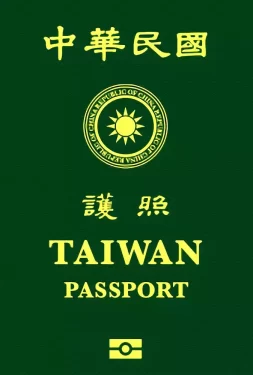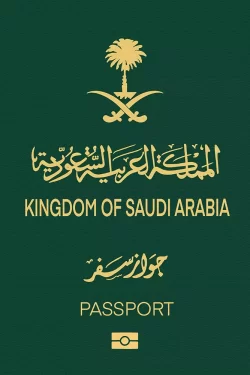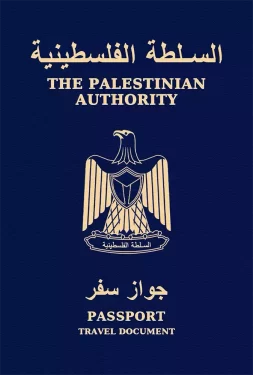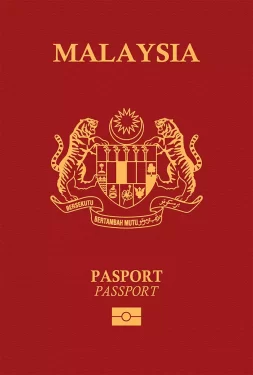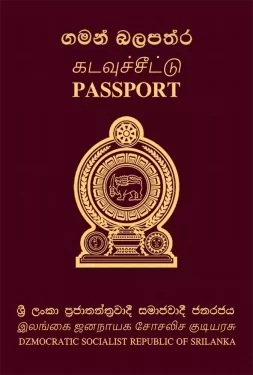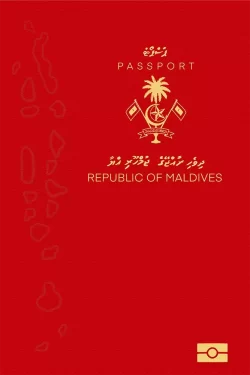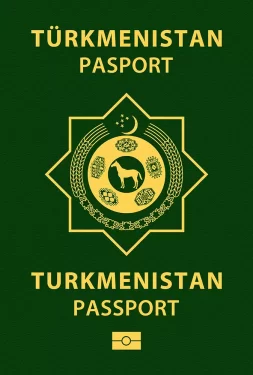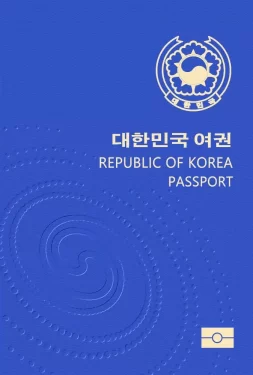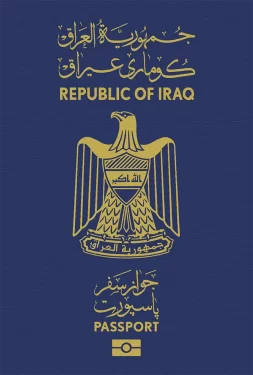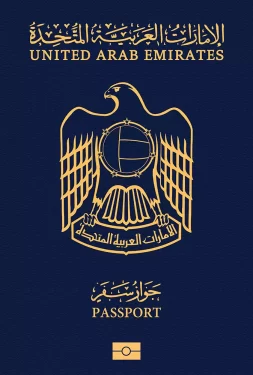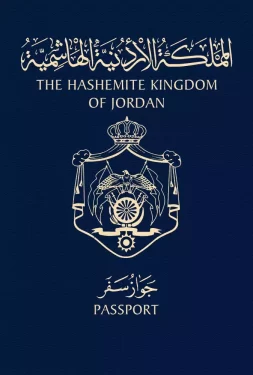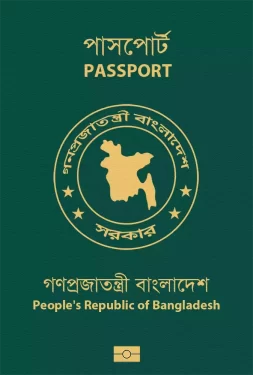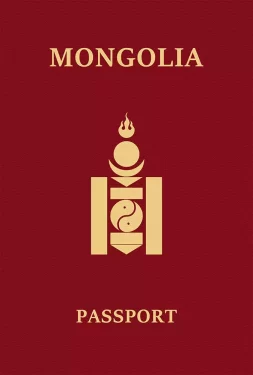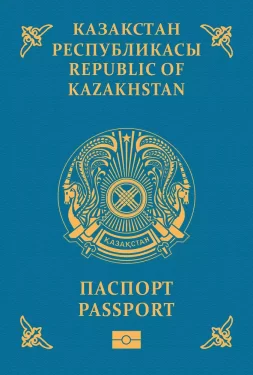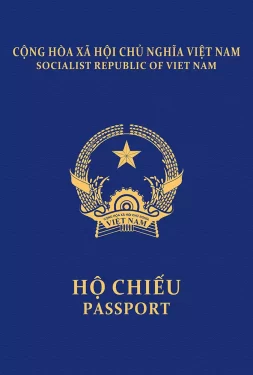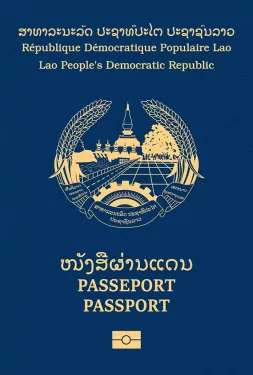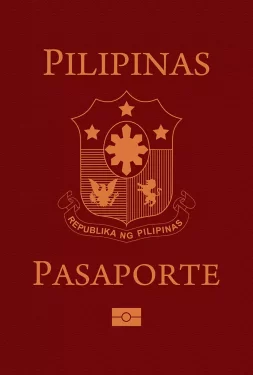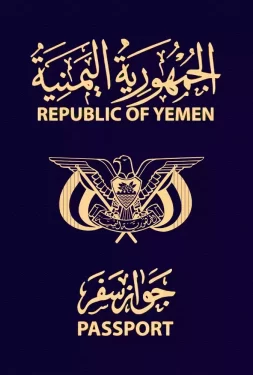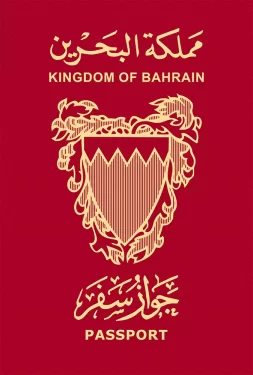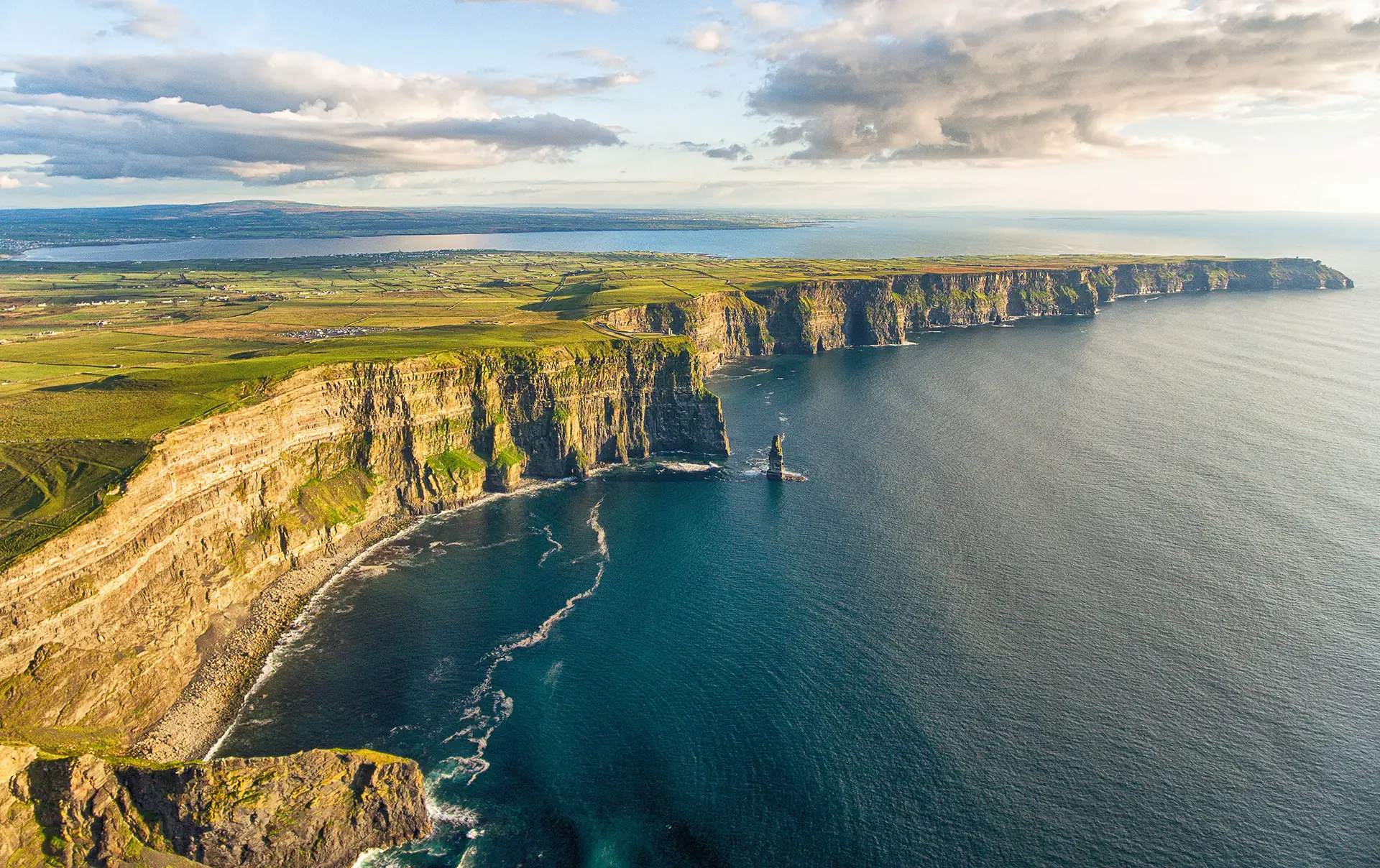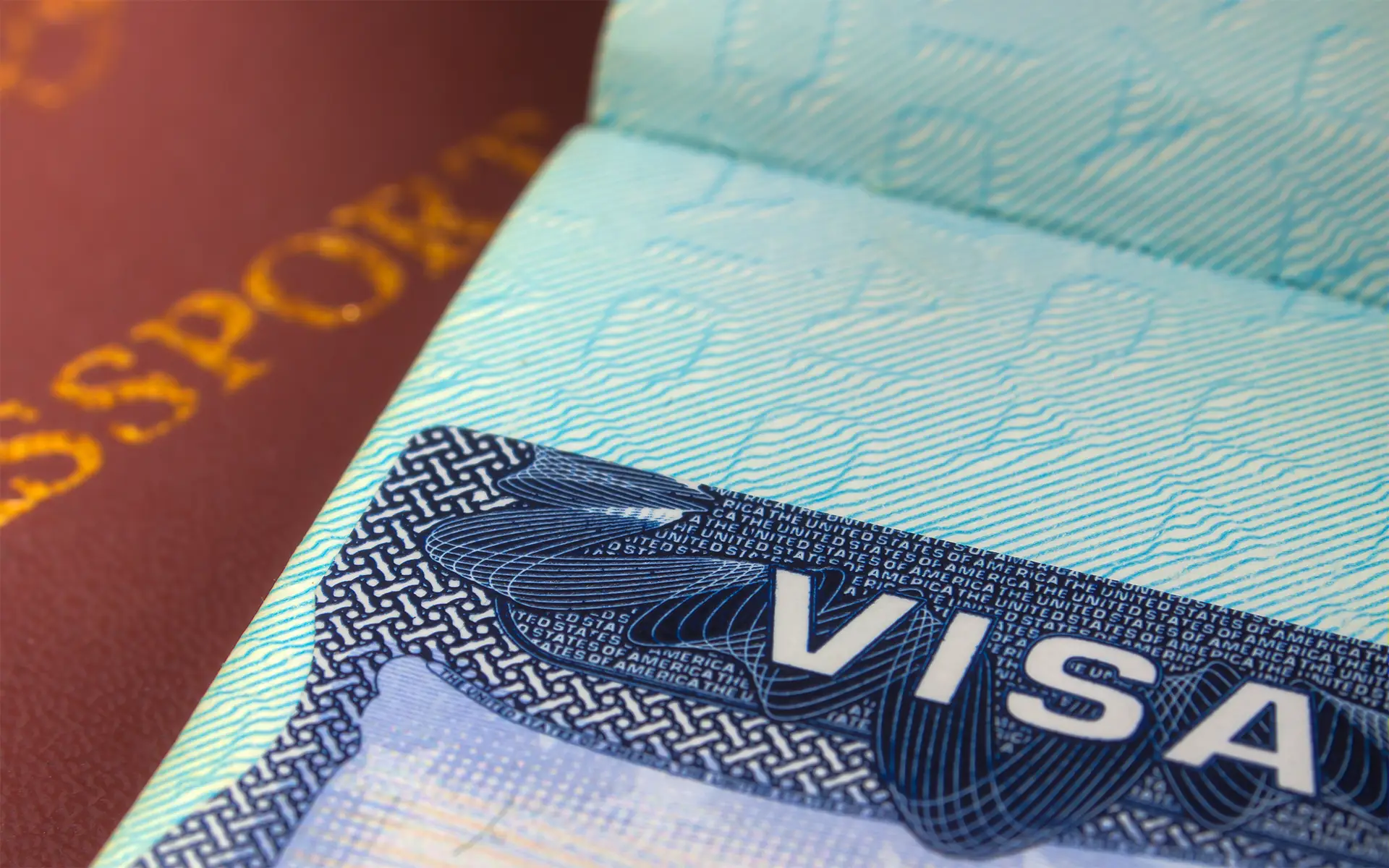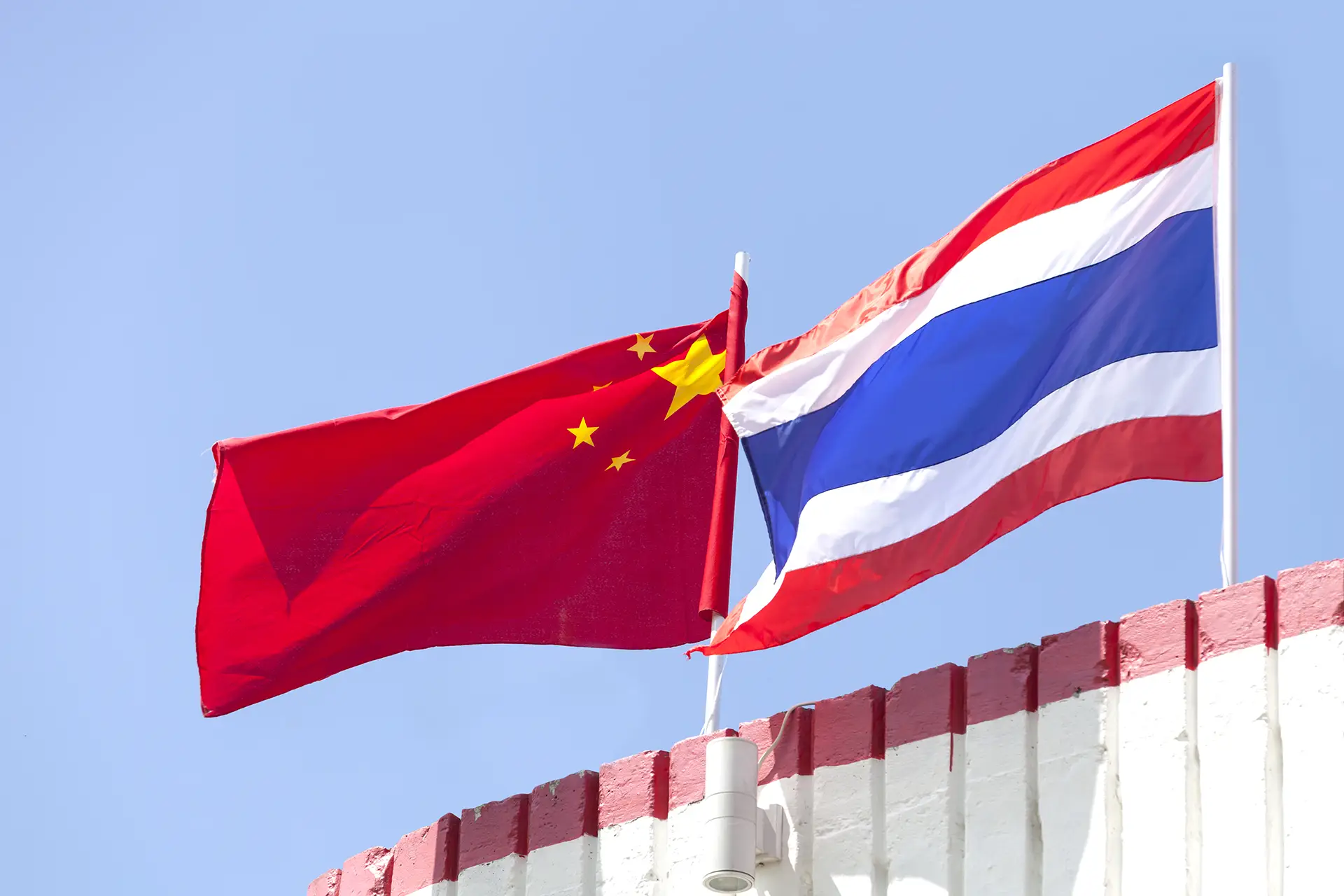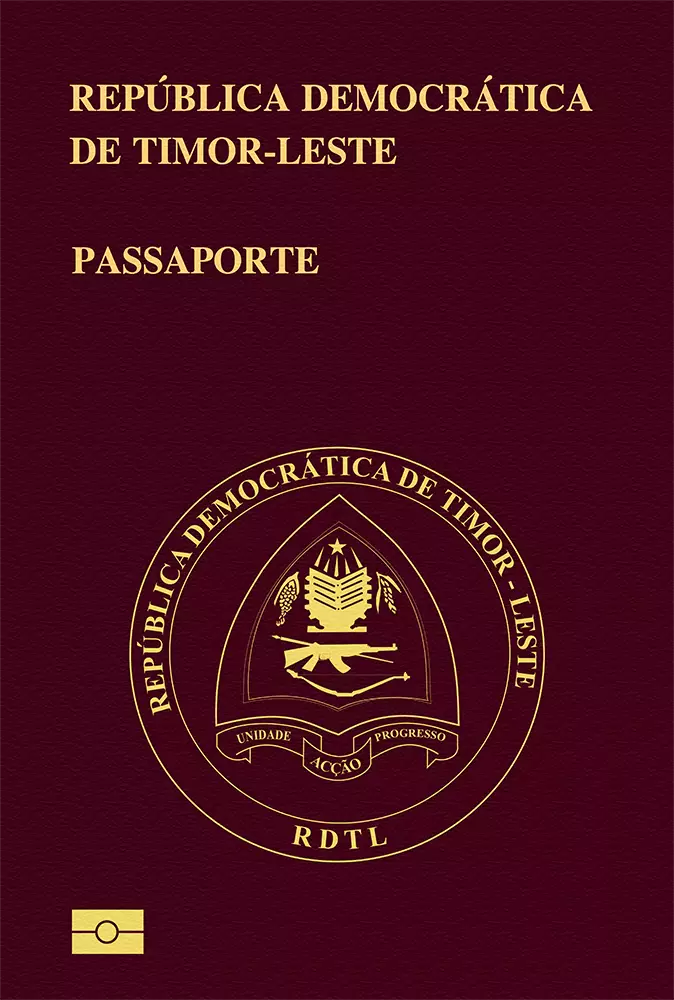
Timor-Leste
Timor-Leste passport ranking
The Timorese passport is currently ranked 52nd place on the Guide Passport Index. It provides visa-free access to 97 countries. This grants it an overall medium mobility score. Timorese passport holders have visa-free access and visas on arrival to countries such as Singapore, Ecuador, and the entire European Union. Timorese citizens require a visa to enter about 132 destinations. This high visa requirement results in a low mobility score and entails major trip preparations before traveling. Some destinations where a visa is required are Japan, the United States and the United Arab Emirates.
Timor-Leste Passport Ranking
The Timor-Leste passport ranking relative to other global passports is calculated by adding up the number of countries that allow Timor-Leste passport holders to enter without a visa (i.e. visa-free countries) and those that allow Timor-Leste passport holders to enter by obtaining a visa on arrival (i.e. visa-on-arrival countries) or an electronic travel authorization (eTA). There are currently a total of 67 Timor-Leste passport visa-free countries, 28 Timor-Leste visa-on-arrival countries, and 2 eTA destinations.
Altogether, Timor-Leste passport holders can enter a total of 97 destinations—either without a visa, through a visa on arrival, or via an eTA. As a result, the Timor-Leste passport ranks 52 in the world.
Separate from these Timor-Leste visa-free countries and visa-on-arrival countries, there are 132 additional destinations which Timor-Leste passport holders either need a physical visa to enter or an eVisa (i.e. visa required countries).
About Timor-Leste
The Democratic Republic of Timor Leste is a former Portuguese colony consisting of 13 municipalities. The most important municipalities are Dili, Ermera, Bucau and Bobonaro. The country is located at the end of the Indonesian archipelago bordering Indonesia and the Timor Sea. It has a surface area of 15,007 square kilometers. The country’s terrain has volcanic origins therefore most of it consists of rugged mountains. Its climate is tropical hot and humid with rainy and dry seasons.
The overall population is approximately 1.4 million people. The capital of the country is Dili, which is also the most populous city with over 222,000 inhabitants. Other important cities are Maliana and Suai. The country’s largest and only international airport is Presidente Nicolau Lobato International Airport (DIL). It is named after Nicolau dos Reis Lobato, who was the first Prime Minister of Timor-Leste. The airport provides access to destinations in Indonesia, Australia and Singapore. It is also the home of national carrier Air Timor.
Timor-Leste’s culture is influenced by Portuguese, Roman Catholic and Indonesian heritage. The highest percentage religion is the Roman Catholicism. There are over 14 different official languages in the country depending on the region. The Timorese legal system is based on Portuguese civil law. The government form is a semi-presidential republic. The chief of state is the elect President Francisco Guterres and the the head of government is the elect Prime Minister José Ramos-Horta.
The official currency is the United Sates Dollar (USD). The country has an open economy, generating a GDP of approximately $7.2 billion, making it the smallest economy in Southeast Asia. Its citizens have a per capita income of $5,561. The GDP is mostly made up of the services and agriculture sector. Timor-Leste has its main income from oil. Over 90% of government revenues originate from this industry. Other important exports goods are coffee, rice, corn, cassava and sweet potatoes.
The country is filled with a variety of natural tourism attractions. It is known for its vast beaches, nature and has not yet any UNESCO world heritage sites. Some of the major destinations include the capital Dili, Atauro Island, Baucau, Suai, Lake Ira Lalaro, Jaco Island and Betano. The main tourist activities are fishing, scuba diving, watersports, surfing and hiking. The country has a total of approximately 74,000 tourists visiting every year with the majority originating from the neighboring countries.
